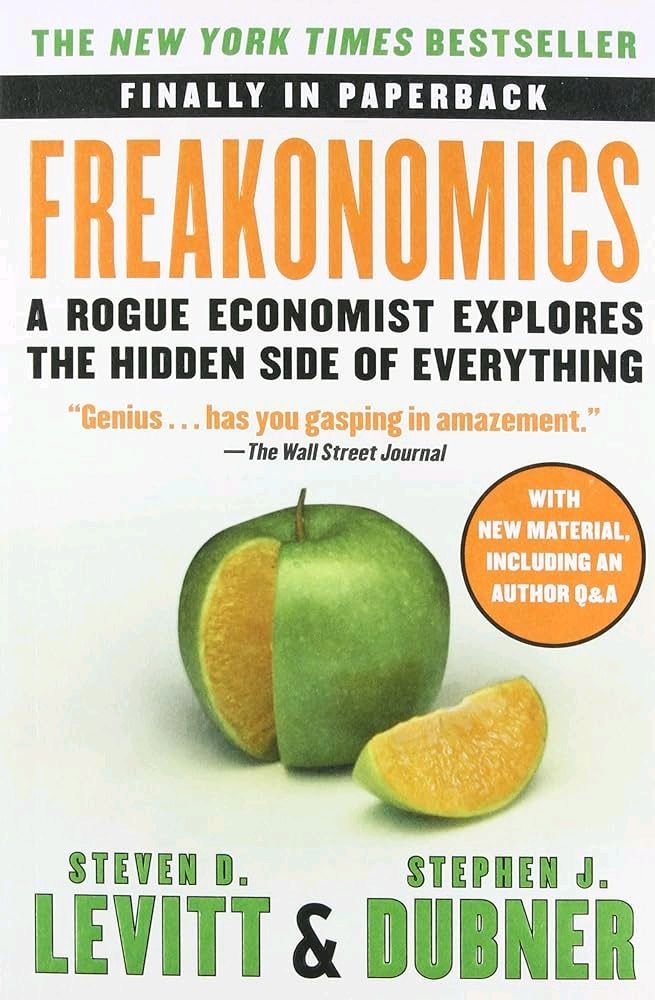Incentives play a crucial role in decisionmaking processes from "summary" of Basic Economics by Thomas Sowell
Incentives are one of the key factors that influence how individuals make decisions in their daily lives. Whether it is choosing what to buy at the grocery store or deciding on a career path, the potential rewards or consequences that come with each choice can have a significant impact on the final decision. In the world of economics, understanding how incentives drive decision-making processes is crucial for predicting how individuals and businesses will behave in different situations. People respond to incentives in predictable ways - they are more likely to pursue actions that offer a positive outcome or reward, and less likely to engage in activities that come with negative consequences. When policymakers are trying to solve a problem or promote a certain behavior, they often use incentives to encourage people to act in a certain way. For example, offering tax breaks for businesses that invest in renewable energy sources can incentivize companies to adopt more sustainable practices. On the other hand, imposing fines for littering can discourage individuals from polluting the environment. Incentives can also play a role in shaping social norms and values within a society. When certain behaviors are rewarded or punished, they can become more or less prevalent over time. This is why it is important for policymakers to carefully consider the incentives they put in place, as they can have far-reaching effects on the behavior of individuals and businesses.- The concept of incentives is a fundamental aspect of decision-making processes in economics. By understanding how incentives influence behavior, economists and policymakers can predict and influence the choices that individuals and businesses make in various situations.
Similar Posts
The connection between environmental health and human health
The health of the environment is intricately linked to the health of humans. Our well-being is intimately tied to the health of...
Open economy macroeconomics involves trade
In an open economy, countries engage in trade with one another. This trade can take the form of imports and exports of goods an...

Property rights are crucial for economic growth
Property rights play a fundamental role in the functioning of a market economy. They provide individuals with the incentives ne...

Unconventional thinking can lead to innovative solutions
The essence of unconventional thinking lies in its ability to challenge conventional wisdom and question the status quo. It inv...
Regulatory frameworks should promote innovation and competition
The goal of regulatory frameworks is to create an environment that fosters innovation and competition. In the realm of economic...

Accept uncertainty and ambiguity
The world is a messy and complex place. Uncertainty and ambiguity are constants in our lives. Yet, many of us have a strong ave...
Renewable energy sources can help mitigate climate change
The transition to renewable energy sources is essential for addressing the pressing issue of climate change. Fossil fuels, such...
Venezuela's extractive institutions led to economic collapse
Venezuela's extractive institutions, which concentrate power and wealth in the hands of a few elites, have been a driving force...
Climate change is a global issue that requires collective action
Climate change impacts every corner of the planet, from the melting ice caps in the Arctic to the rising sea levels in the Paci...

